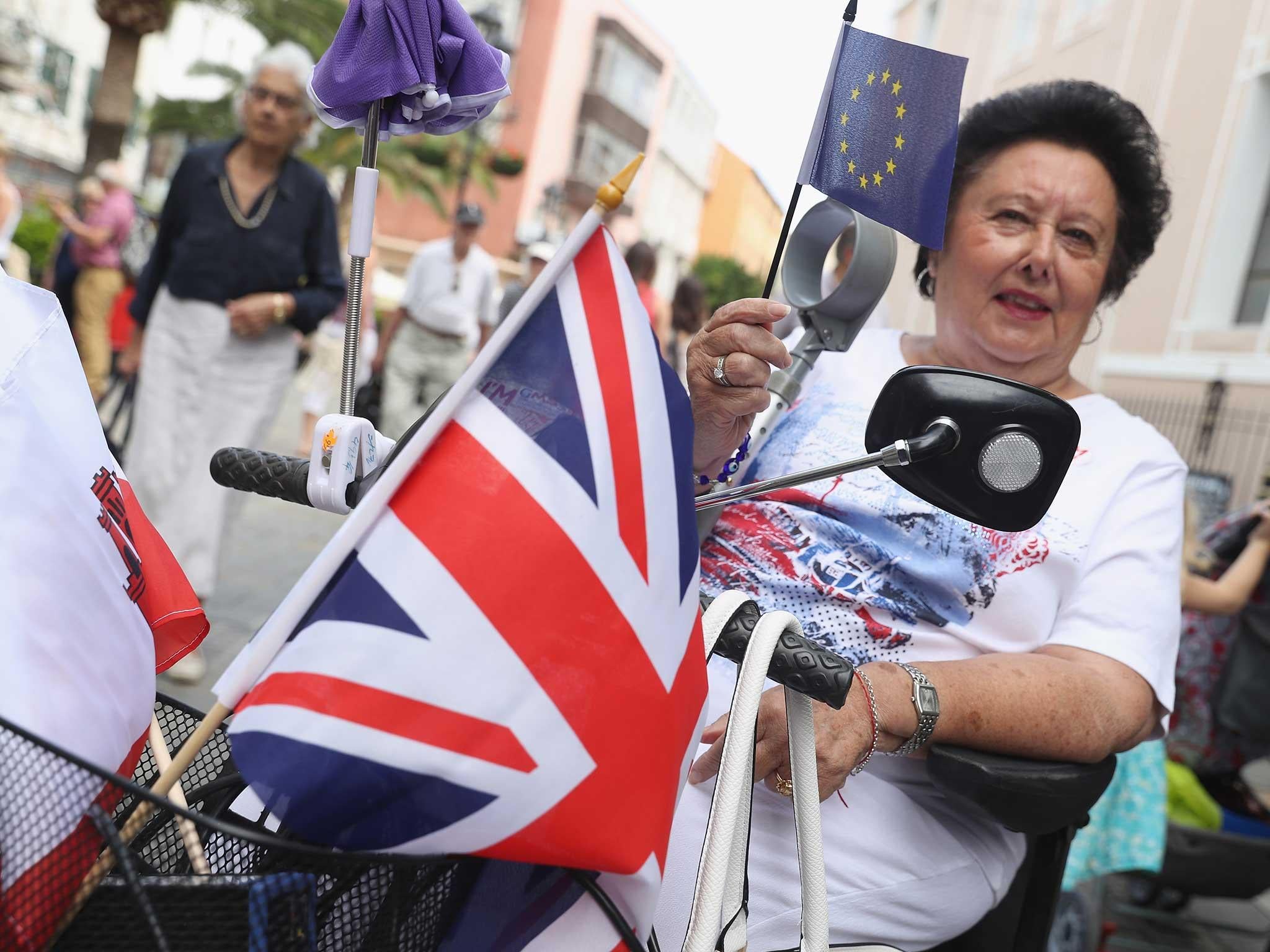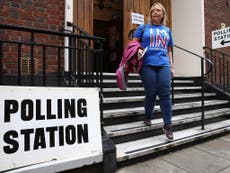What has the EU ever done for you? Quite a lot, actually
They cleaned up our beaches, gave us paid holiday time, improved our air quality, made our holidays cheaper - and even ensured that a bottle of wine costs less than it ever has


What has the EU ever done for me? It’s a question that will trouble the minds of the remaining undecided voters as they shuffle to the polling booths today. No wonder. Though it’s spent weeks making the case for Europe, the Remain campaign has focused on the big picture, the world view – even the abstract.
Yes, we know that that the markets will react in the event of Brexit. We know a recession would be imminent as investors pull their money out of London. We’ve heard businesses warn that they may be forced to restructure, moving jobs overseas if Britain leaves the EU. We’ve listened to the argument that efforts to tackle climate change are bolstered by being part of a European bloc.
But if you’re a student not yet in work, and hoping for a Brexit house price crash, how persuasive is all that? What about if you’re a pensioner, protected by your pension from the worst effects of a recession? Or unemployed, because your former company has already seen the benefits of labour mobility and actually left years ago? If you’re in any of those positions, the benefits of the common market as posited by politicians standing at little cardboard lecterns on crate stack platforms seem a bit remote.
But the EU touches all of us, in positive and tangible ways. The answer to the question “What has the EU ever done for me?” is quite a lot, actually – whoever you are. So if you’re still struggling to work out what the point of the EU is, on the eve of you chance to vote, here are four ways that the EU has made things better for you.
Better jobs
So you’ve got a job you love. Great. But would you be happy to do it every working day of the year, without time to rest and recuperate?
When those campaigning for an In vote warned that workers’ rights could be stripped away in a go-it-alone Great Britain, Leave campaigners hit back. Why not put your trust in the British people, in British democracy, to deliver a good deal for workers and employers? After all, they said, British government had, time and again, exceeded the minimum European regulations on matters of maternity and paternity leave, and pay and conditions.
What’s easily forgotten is that, until 1998 when the EU Working Time Directive was introduced, 2 million British employees did not receive any paid holiday at all. The change in EU law meant that all employers were forced to offer it for the first time. When it came to R&R, we certainly weren’t leading the field.
And when the directive, which also capped the working week at 48 hours, was brought in, the UK challenged it at the European Court of Justice, even though the British government had already negotiated down the strength of the rules.
When you’re enjoying your next summer Saturday tending to a barbeque in the drizzle, it’s the EU you’ve got to thank.
Better education
We know that the EU allows workers to take a job anywhere across Europe without complicated visa and immigration restrictions, but the benefits of free movement are open to students too.
Thanks to the EU more than 15,000 students each year study across Europe, moving between institutions as part of the Erasmus scheme. As others have pointed out, though, this scheme is often a benefit for the well-heeled and linguistically-skilled.
But university education is changing. Europe has harmonised its higher education system through something known as the “Bologna process”, meaning it’s easier for students to study in more than one country. Most universities in major European cities are also offering entire degree courses taught in English – and with Brits now paying the highest university tuition fees in Europe if they choose to study at home, a European degree is becoming a popular and much cheaper alternative. Free movement has allowed that.
Meanwhile £730m of EU money is spent on research in the UK, much of which is channelled through universities – which boosts their international reputation for new knowledge. So if you do decide to study at home, you’re likely to go to a better university thanks to the EU.
Better health
Talking of research, we also have better health thanks to the EU. Not only are rules on climate change and the environment improving our air quality – no small matter, given that it is one of the biggest causes of early death in large cities – but investment in science means we’re developing new drugs and better treatments for a range of illnesses. And we’re doing it with European colleagues, which means it’s happening faster.
We’re protected from charlatans by rules which regulate drugs and their use, and also keep us safe if we’re using herbal remedies. Our food and drinking water is also safer and cleaner thanks to EU labelling.
The EU has also stopped tobacco companies chasing the business of youngsters keen to try out the habit, by regulating the way cigarettes are promoted. That is beginning to prevent the 700,000 early deaths across the EU each year from the effects of the habit.
Better holidays – abroad and at home
Thanks to the EU, it’s cheap and easy to go get your two weeks in the sun anywhere in Europe. Flights are cheaper thanks to the market for passengers and competition on popular routes that membership of the EU developed. Free movement of people means there’s no hassle or extra cost involved in organising a visa before you travel. It’s as simple as turning up at the airport and boarding your flight (just don’t forget your toothbrush).
Trade rules means that you can bring back relatively large amounts of produce or alcohol for your own consumption from your travels without paying import duties – leaving the back of your drinks cabinet stocked for years to come.
And if you decide to holiday at home instead, 95 per cent of our beaches are now safe for bathing thanks to an EU directive forcing the clean-up of UK shores; we were once known as the “sick man of Europe” because of their terrible state.
Prosecco
Trade agreements mean that the price of a bottle of wine is now the lowest it has ever been. There are already warnings from Italian manufacturers that the British market for prosecco may dry up due to increase costs if we Brexit. You have been warned.


Join our commenting forum
Join thought-provoking conversations, follow other Independent readers and see their replies